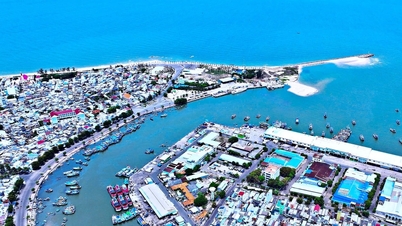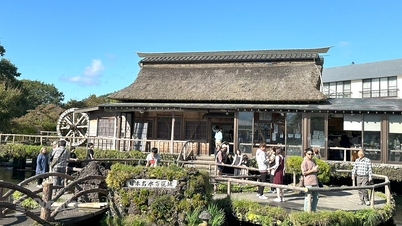
The Indonesian Shrimp Farmers Association said the incident had a serious negative impact on the entire industry. Domestic shrimp consumption and processing capacity has decreased by 30-35%, while shrimp prices in many regions have dropped sharply by up to 35%. This puts millions of households from farming to processing and exporting at risk of losing their livelihoods.
The US Food and Drug Administration (FDA) has placed PT Bahari Makmur Sejati (BMS) - the owner of the contaminated shipment - on its "red list". The FDA has also warned US consumers, distributors and retailers not to consume, trade or serve frozen shrimp from this company. At least 10 brands related to BMS are currently affected.
As the world’s fifth-largest shrimp exporter with a 6% global market share, Indonesia is expected to export 215,000 tonnes of shrimp in 2024, worth $1.7 billion. Of this, the US market accounts for 63.7%, followed by Japan. However, this incident has caused foreign importers, especially the US, to temporarily suspend imports while waiting for the results of safety inspections of Indonesian shrimp.
Faced with the serious situation, the Indonesian Government has established a special task force to determine the scope of the radioactive contamination area in the industrial park near Jakarta, and coordinate with the nuclear energy agency to control the incident.
Source: https://baolamdong.vn/nganh-tom-indonesia-chao-dao-vi-su-co-nhiem-phong-xa-394495.html





![[Photo] General Secretary To Lam attends the 8th Congress of the Central Public Security Party Committee](https://vphoto.vietnam.vn/thumb/1200x675/vietnam/resource/IMAGE/2025/10/4/79fadf490f674dc483794f2d955f6045)
![[Photo] Solemn opening of the 8th Congress of the Central Public Security Party Committee, term 2025-2030](https://vphoto.vietnam.vn/thumb/1200x675/vietnam/resource/IMAGE/2025/10/4/f3b00fb779f44979809441a4dac5c7df)
![[Photo] Bustling Mid-Autumn Festival at the Museum of Ethnology](https://vphoto.vietnam.vn/thumb/1200x675/vietnam/resource/IMAGE/2025/10/4/da8d5927734d4ca58e3eced14bc435a3)
















































![[VIDEO] Summary of Petrovietnam's 50th Anniversary Ceremony](https://vphoto.vietnam.vn/thumb/402x226/vietnam/resource/IMAGE/2025/10/4/abe133bdb8114793a16d4fe3e5bd0f12)

![[VIDEO] GENERAL SECRETARY TO LAM AWARDS PETROVIETNAM 8 GOLDEN WORDS: "PIONEER - EXCELLENT - SUSTAINABLE - GLOBAL"](https://vphoto.vietnam.vn/thumb/402x226/vietnam/resource/IMAGE/2025/7/23/c2fdb48863e846cfa9fb8e6ea9cf44e7)































Comment (0)